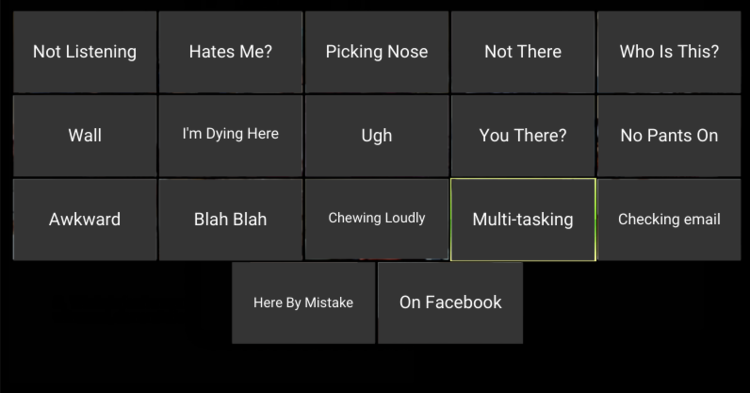Trying (and failing) to care less
Normally when a new semester starts, I think about what I want to accomplish–for myself professionally, with my students, in the department/university. This semester, in week ten million of the pandemic, my main goal is to care less.
Yes. To care less.
Like many educators, I’m already exhausted… in week three of the semester. I don’t think I’ve stopped being exhausted since the pandemic started, frankly. (As if I wasn’t tired before then, too.) The constant changes, the fundamental reorienting of work and life, the political and world upheaval, the emotional and existential dread… it’s a lot.
For whatever reason, this semester feels worse. Perhaps because I had such high hopes at the beginning of the summer. Fully vaccinated, with COVID cases at all time lows, I thought for sure, I’d be back in my favorite workspace: the classroom. I planned a conference workshop designed around renewal and transformation. I dreamed about doing my favorite group activities in class–the kind with posters and markers, lots of scribbling on the white board (the white board!), and so much vibrant discussion and laughter.
But no. Delta swooped in, changing the landscape AGAIN. So here I sit, in my living room office, trying to emotionally distance from the work that I once loved. Still love? It’s hard to tell.
The hardest part is teaching. While I am utterly grateful that I have the option to protect my health and work from home, teaching virtually continues to be demoralizing. There are certainly some moments of joy and connection–some of my grad classes have been magical, and one of my senior seminars this semester is kind of dreamy. But, most of it is drudgery.

Why? Because I’m caring too much. I’m putting in too much energy and enthusiasm, for a wall of primarily black, silent rectangles. (And no, my university does not allow a camera requirement). Most of my students who say they are disconnected and crave connection and appreciate that my class has live components as opposed to being fully asynchronous, they just aren’t showing up. (And yes, they are regularly invited to participate in multiple ways every class.)
Rationally, I can’t blame them. This isn’t the college experience they planned. They’re beyond exhausted, too. It takes so much more effort to participate on Zoom.
Emotionally though? I vacillate between resentment and rage and disappointment and depression. Because I take my teaching seriously, and personally. Speaking into the void is one of the most heartbreaking experiences, especially having had a full dozen years of enthusiastic, energetic, connected classes (with maybe ONE exception ever).
But I realize I’ve got to stop. For my sanity and to protect my heart (and any hope of staying on this career path), I must, must care less right now.
So I’m trying to cultivate a spirit of non-attachment, from the Buddhist tradition. Non-attachment is the process of letting go, not fixating, being in the moment, understanding that you can’t control everything, that nothing is permanent. Being attached–to ideas, people, objects, holding so tight to how we want things to be (yes, I’m talking directly to myself)–that thinking leads to suffering. Non-attachment, on the other hand, is associated with reduced depression, stress, and anxiety, as well as increased empathy, kindness, and compassion.
Apparently, non-attachment is stronger in those who meditate, so for the last couple weeks, every night before falling asleep, I try to do a little meditative breathing. I’m also liking the Navy SEAL “box breathing” exercise.
On teaching days, (starting tomorrow, ahem), I will remind myself to try and not take the unresponsiveness personally. To remember students are busy people with many commitments, and their behavior has very little, if anything, to do with me. I will create opportunities for engagement, as always, and try not to be attached to the outcome, since I can’t control it anyway.
I will try–TRY–to let the annoyance of emails roll over me and not fester into irritation or anger. And I will focus on areas of work and life that bring satisfaction and joy. Like working on my newest book proposal, playing with the houndlets, helping students solve problems, and decorating holiday trees.
–dr. shawna